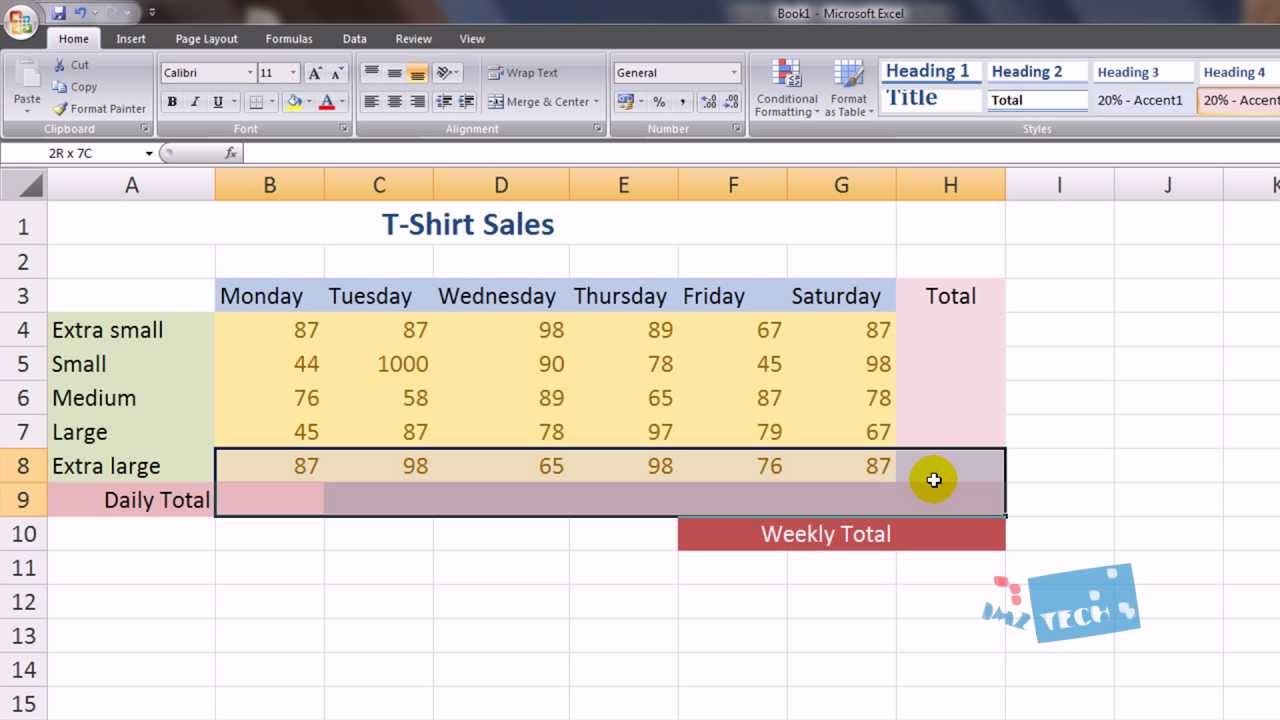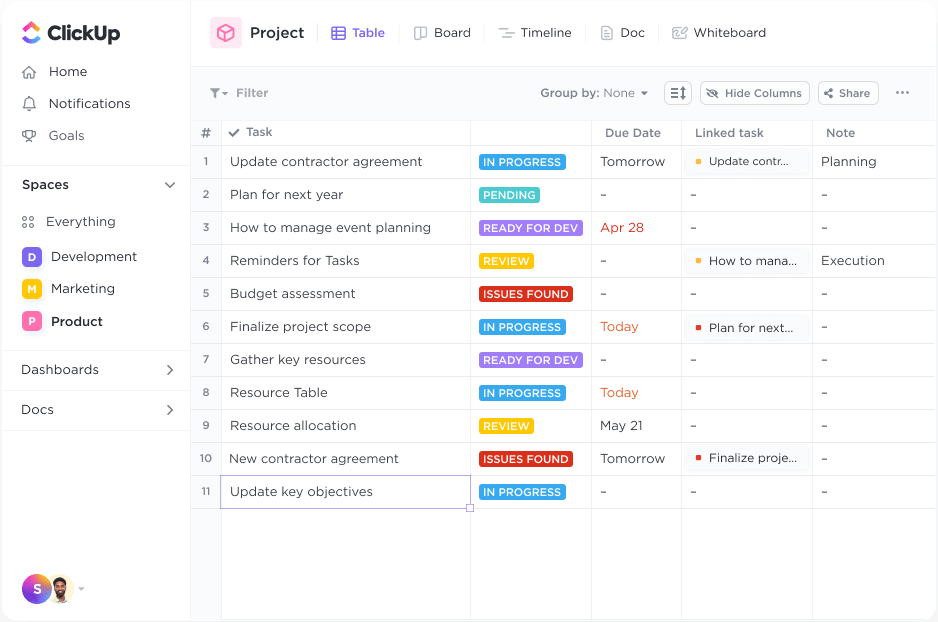Display Excel Sheets X & Y Easily

When working with Microsoft Excel, one often encounters the need to compare data from two different sheets, say sheets X and Y. This can be a crucial task for various reasons, such as reconciling financial data, merging updates, or simply understanding changes over time. Here, we'll dive into different methods to display sheets X and Y side by side, allowing for efficient data analysis and comparison.
Method 1: Using Excel’s Built-in View Options

The simplest way to view two sheets side by side is by using Excel's built-in functionality:
- Open the Workbook: Ensure both sheets X and Y are in the same workbook.
- View Side by Side: Go to the "View" tab on the ribbon, click on "View Side by Side" under the "Window" group. If you've already split your screen, this option might not appear until you close the split views.
- Arrange Windows: Excel will automatically arrange the open windows for optimal viewing. If you have more than two windows open, a dialog box will ask you to choose which workbook to display next to the active one.
- Adjust Synchronized Scrolling: Click on "Synchronous Scrolling" under the "View Side by Side" tool to scroll both windows at the same time for easier comparison.
🔍 Note: If the sheets are in different workbooks, you'll need to open both workbooks before proceeding with the above steps.
Method 2: Using Split Screen

If you prefer not to have two separate windows, Excel offers a way to view parts of the same sheet simultaneously:
- Select Split Option: Navigate to the "View" tab, and click "Split" in the "Window" group. Vertical lines will appear on your screen.
- Adjust Split Lines: Drag the split lines to where you want to divide the screen. You can create horizontal splits, vertical splits, or both.
- Switch Sheets: With the screen divided, you can switch one side to show sheet X and the other to show sheet Y.
Method 3: Using External Tools or Add-ins

Excel's capabilities can be extended through add-ins or third-party software:
- Download and Install: Look for add-ins or software that support multiple sheet views or data comparison tools like "Ablebits Compare Sheets" or "Spreadsheet Compare."
- Follow Instructions: Once installed, these tools often provide an interface or guide to load and compare your sheets X and Y.
Method 4: Using Custom VBA Code

For advanced users, VBA (Visual Basic for Applications) can automate the display of sheets X and Y side by side:
Sub ArrangeTwoSheetsSideBySide()
'Assuming sheets X and Y are named Sheet1 and Sheet2
Worksheets("Sheet1").Activate
WindowArrange ArrangeStyle:=xlVertical
Worksheets("Sheet2").Activate
End Sub
- Create Macro: Open the VBA editor with Alt + F11, insert a new module, and paste the code above.
- Run Macro: Run the macro either through a keyboard shortcut or by going to "Developer" > "Macros."
💡 Note: Macros are potent tools but require care when using, as they can alter data if not set up correctly.
Now, let's explore some practical scenarios where these methods prove invaluable:
Practical Applications

- Data Validation: Comparing current data with historical data for accuracy or spotting trends.
- Reporting: Side-by-side comparison for creating summary reports or presentations.
- Merging Updates: When combining data from multiple sources or different time periods.
| Scenario | Recommended Method |
|---|---|
| Simple comparison within one workbook | View Side by Side |
| Detailed comparison across different workbooks | External Tools |
| Quick in-sheet analysis | Split Screen |
| Automated, regular comparison | Custom VBA Code |

As we've explored these methods, it's clear that comparing sheets X and Y in Excel can be done in multiple ways, each catering to different needs and user skills. Whether you're looking for a quick side-by-side view or an automated solution for consistent data analysis, Excel provides the tools to enhance your productivity. Remember, the key to efficiency in Excel is understanding which tool fits your situation best. With the methods outlined above, you should now be well-equipped to handle any data comparison task with ease.
How do I ensure that data in two Excel sheets are accurately aligned for comparison?

+
Ensure the headers are in the same position, and use Excel’s sorting features to align rows based on common keys or columns. If the data sets are from different sources, consider importing both into a common workbook for better control.
Can I compare sheets with different structures?

+
Yes, though it’s more challenging. You might need to manually adjust one sheet to match the other’s layout or use advanced functions like VLOOKUP or INDEX/MATCH to find matching cells between different structures.
Is it possible to compare sheets in different workbooks?

+
Yes, using the “View Side by Side” method, you can compare sheets from different workbooks. Open both workbooks, then navigate to “View” > “View Side by Side” to select which workbook to compare.



